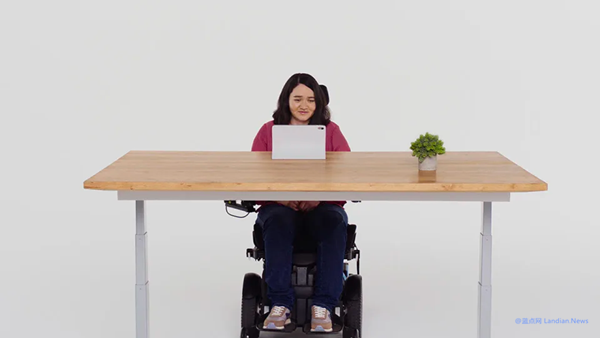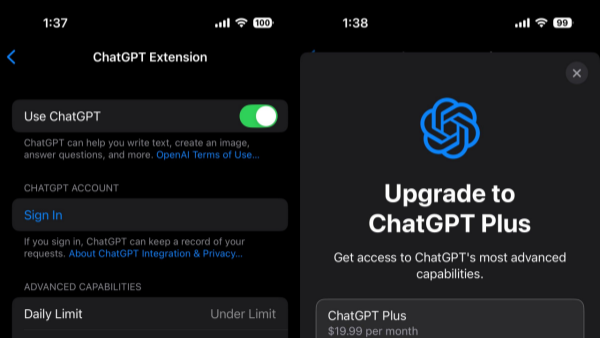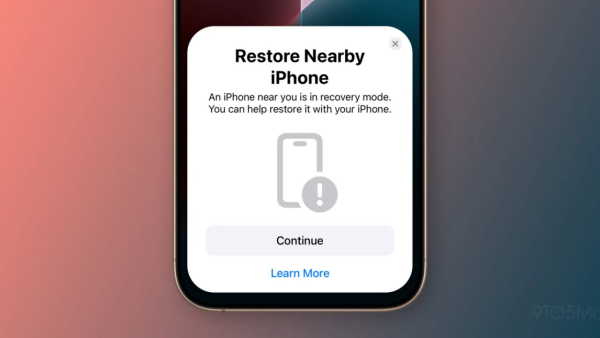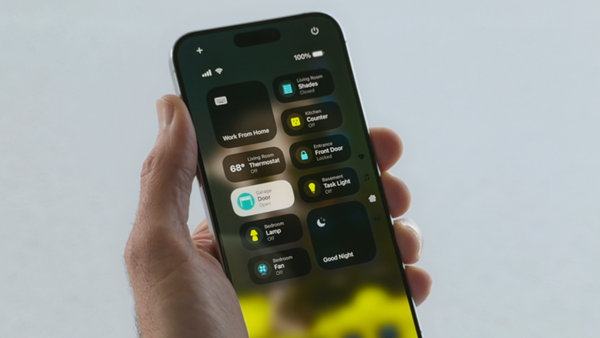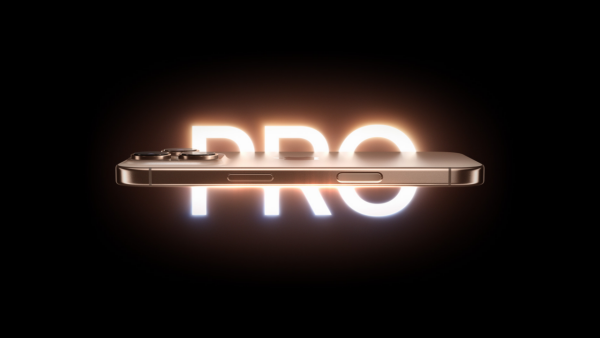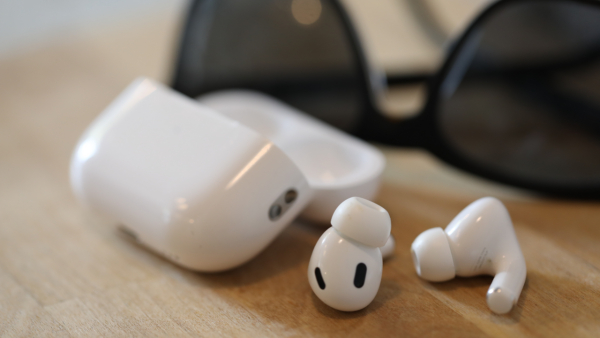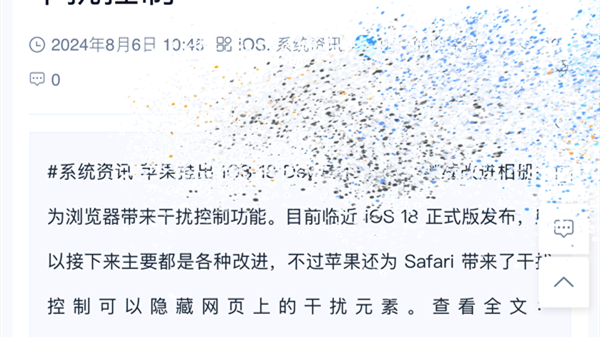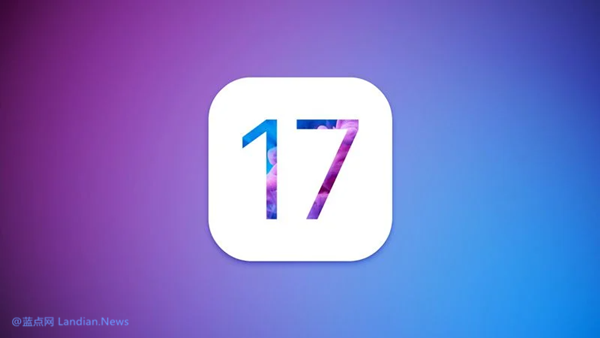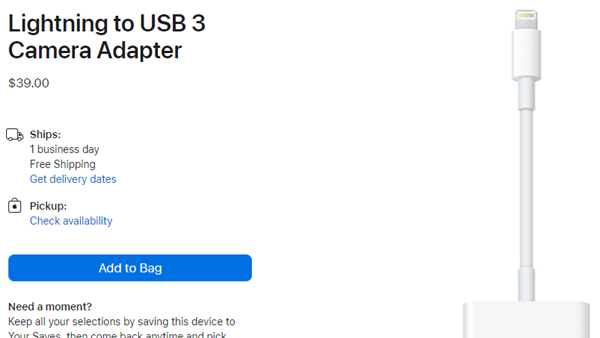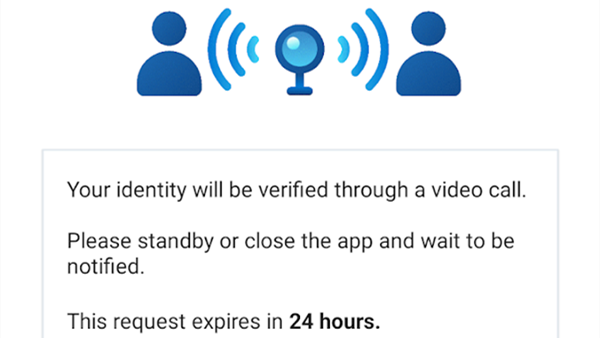iOS 18.1 to Release Next Week: NFC Functionality Unlocks New Possibilities for iPhone Users
For a long time, due to Apple not opening the NFC function, users were unable to simulate access cards directly on their iPhones, while those with Android phones found it very convenient to turn their device into an access card.
However, this situation will change with the release of iOS 18.1. Due to pressure from the European Union, Apple has decided to gradually open the NFC function, which will be available globally, not just in the EU (some scenarios are limited to the EU).
With the opening of the NFC function, developers will be able to launch dedicated apps that allow users to store various digital credentials on their iPhones and complete identity verification using the contactless function.
Apple has provided use case examples including:
- In-store Payments: Financial developers can launch their own NFC wallets to support user payments.
- Car Keys: Automakers can turn the iPhone into a digital key for quick unlocking via NFC.
- Closed-loop Transportation: NFC apps can be developed to serve as a vehicle for public transport or other transport payment vouchers.
- Student IDs: Educational institutions can develop electronic student IDs and store them on iPhones for easy access via NFC.
- Hotel Keys: Hotel access solution providers can add NFC functionality to room smart locks for quick unlocking.
- Loyalty and Reward Cards: Businesses can convert physical membership cards into NFC virtual cards stored on iPhones.
- Event Tickets: Similar to current electronic boarding passes used by airlines, ticketing can be loaded onto iPhones for quick access.
- Government IDs: Government departments can develop compatible systems to load identification documents onto iPhones (this feature will be available later).
When Can an iPhone Be Used as an Access Card?
This will be possible after the release of iOS 18.1. However, this feature will not allow iPhones to directly read access cards and store them in the Apple Wallet. Instead, it will require the efforts of third-party developers.
Thus, there may soon be third-party developers who create dedicated access card apps, allowing users to read access card information and store it on their iPhones. When used, the iPhone can simulate an access card to unlock via NFC.
Users who often make their own access cards know that some cards use encryption schemes while others do not. For those using encryption schemes, simulation may not be possible. However, there are solutions, such as if the property management has specialized card reading and writing equipment, then users can pay a small fee for the property management to help write the identity verification information into an iPhone (access card app), allowing the iPhone to unlock doors as well.
Note: Developers wishing to use NFC-related APIs must sign a specific commercial agreement with Apple and may need to pay, so such apps may also charge users.

